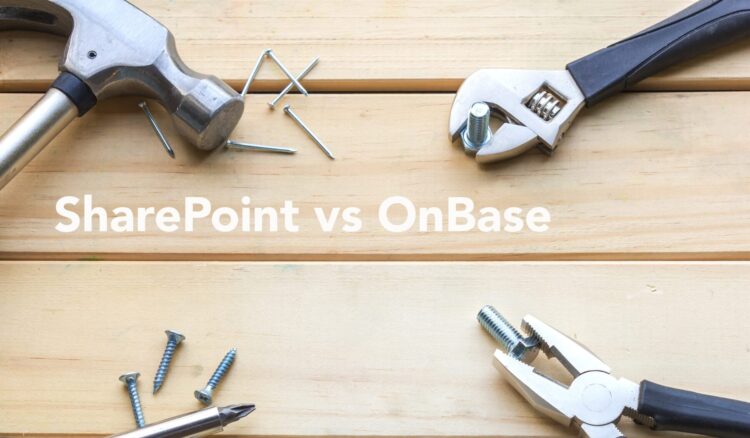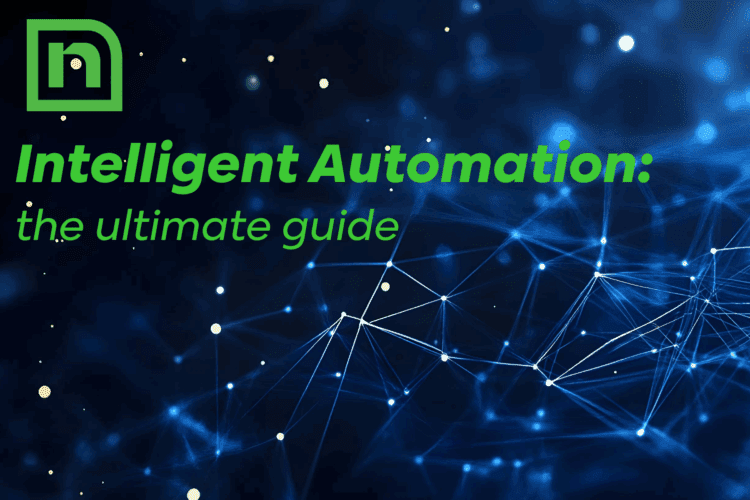Right now, court systems are grappling with towering stacks of paper, cumbersome filing processes, and labyrinthine record rooms. The pursuit of justice remains constant, but the administrative machinery struggles under the weight of outdated, manual processes. This inefficiency impacts the speed and accessibility of justice and places a significant burden on court staff and the public.
Enter the era of digital transformation. We recently partnered with a county court entity seeking to modernize their operations and transition from a traditional paper-based environment to a fully digital, paperless system. This wasn’t just about scanning documents; it was a comprehensive overhaul of their entire workflow, from initial filing to archival and retrieval. And the results have been nothing short of transformative.
The Benefits of a Seamless Digital Ecosystem in County CourtsThe Benefits of a Seamless Digital Ecosystem in County Courts
The challenge, in short, was navigating a tedious process. Our client, like many court systems, faced significant challenges connected to their tedious, paper-reliant process, including:
Storage Limitations
Physical storage of paper documents was a major concern, requiring vast amounts of space and resources for upkeep.
Retrieval Difficulties
Finding specific documents within sprawling archives was a time-consuming and often frustrating process.
Workflow Bottlenecks
Manual processing of paperwork created bottlenecks, slowing down the entire judicial process.
Accessibility Issues
Public access to court records was limited by physical location and operating hours.
Security Risks
Paper records were vulnerable to damage, loss, and unauthorized access.
The Solution: A Seamless Digital Ecosystem
Our approach to solving these problems was to develop a comprehensive, integrated digital ecosystem tailored to the specific needs of the court. This involved:
Electronic Filing (E-Filing) System
Implementing a user-friendly e-filing platform that allows attorneys and members of the public to submit documents electronically, eliminating the need for physical paperwork.
Document Management System (DMS)
Deploying a robust DMS to capture, store, organize, and retrieve all court documents in a secure digital format.
Workflow Automation
Automating key processes such as case assignment, notification, and reducing manual intervention while accelerating turnaround times.
Public Portal
Creating a secure in-house portal, providing easy access to court records for attorneys, litigants, and the public.
Integration with Existing Systems
Ensuring seamless integration with the court’s existing case management system and other relevant applications.
Comprehensive Training and Support
Providing thorough training and ongoing support to court staff and users to ensure the smooth adoption of the new system.
Exceptional Outcomes: Delivering Tangible Value
The transition to a paperless system has yielded remarkable results for our client, demonstrating the tremendous value we brought to the table:
Increased Efficiency
Automation of workflows and streamlined access to information have significantly reduced processing times, allowing court staff to focus on more complex tasks. For instance, the time required to retrieve a case file has been reduced from hours or even days to mere seconds.
Enhanced Accessibility
The public portal has dramatically improved access to court records, making information readily available to attorneys, litigants, and the public anytime, anywhere. This increased transparency fosters greater public trust in the judicial system.
Cost Savings
Reduced paper consumption, and storage costs, have translated into significant cost savings for the court. The need for physical storage space in some cases has decreased dramatically.
Improved Security
Digital storage provides enhanced security compared to paper records, protecting sensitive information from unauthorized access, damage, or loss. Access controls and audit trails ensure accountability and maintain the integrity of court records.
Environmental Sustainability
By reducing paper consumption, the court has made a positive contribution to environmental sustainability, minimizing its ecological footprint.
Streamlined Collaboration
Digital collaboration tools have facilitated seamless communication and information sharing among judges, court staff, attorneys, and other stakeholders.
Beyond Technology: A Partnership Approach
Our success in transforming this court system goes beyond simply implementing new technology. It’s rooted in our collaborative, partnership-based approach. We worked closely with court personnel at every stage, from initial assessment and planning to implementation and training. We listened to their needs, understood their challenges, and tailored our solutions to meet their specific requirements. This commitment to understanding the unique context of our client’s operations ensured that the technology we implemented truly served their needs.
A Vision for the Future
This successful transformation is a testament to the power of digital innovation in modernizing court services. It demonstrates that transitioning to a paperless environment is not just a technological upgrade, but a fundamental shift in how justice is administered and accessed. We are proud to have partnered with this court system on this journey, and we are confident that this is just the beginning of a broader movement towards a more efficient, accessible, and transparent judicial system. We are committed to continuing to innovate and provide valuable solutions that empower courts to better serve their communities.
This transformation is not just about improving internal processes; it’s about enhancing public trust and ensuring that justice is served efficiently and effectively in the digital age. We are excited to be at the forefront of this movement, helping courts across the nation embrace the power of technology to better serve their communities.
If you’re interested in learning more about how we can help you solve your unique challenges and reach your digital transformation goals, drop a question or comment in the chat – we’d be happy to have a conversation with you.







